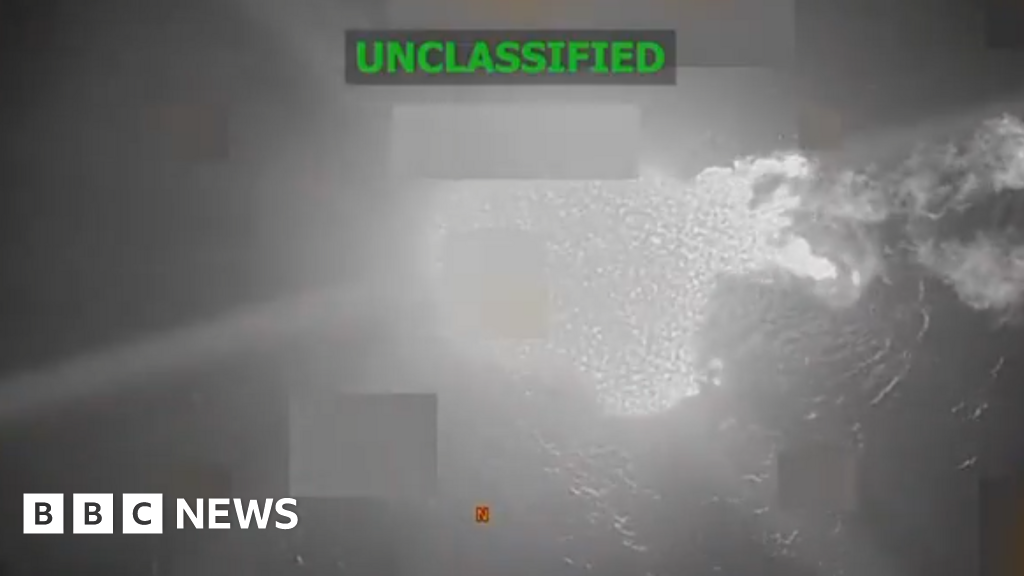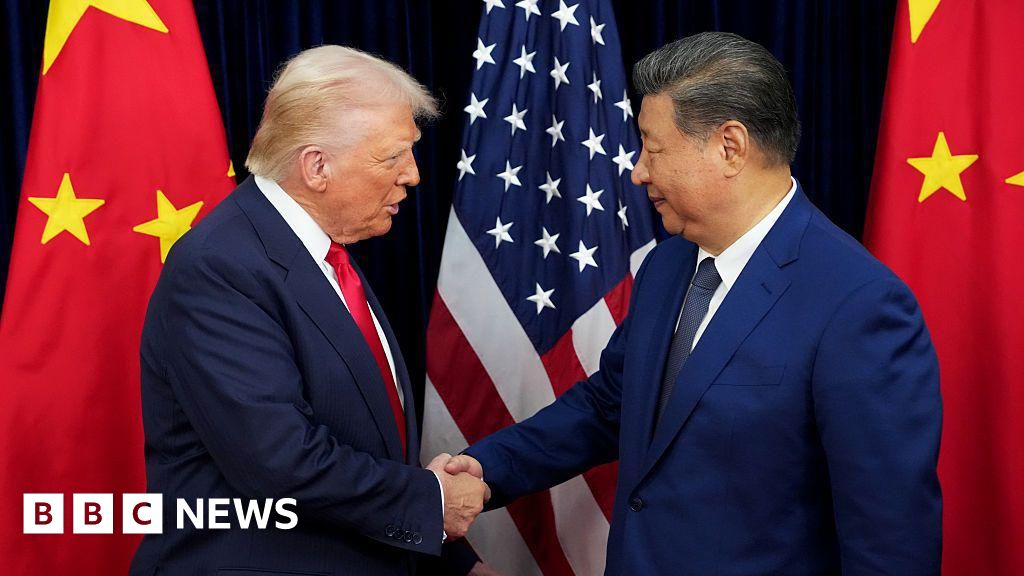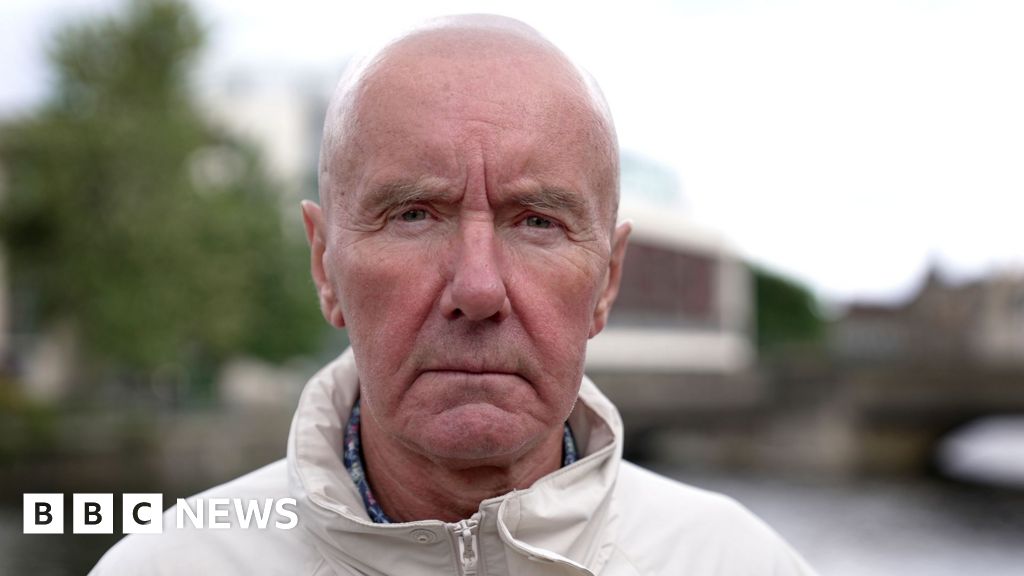Henry Zeffman
Chief Political Correspondent•@hzeffman

 PA Media
PA Media
Some of Britain's most distinguished lawyers have warned the government that recognising a Palestinian state would breach international law.
Prime Minister Sir Keir Starmer announced the UK would move towards recognition unless Israel met certain conditions, including agreeing a ceasefire and reviving the prospect of a two-state solution, earlier this week.
Opponents argue Palestine does not meet the legal requirements for statehood under international law set out in the Montevideo Convention.
However, business minister Gareth Thomas defended the plans, saying the UK had not signed up to the Convention, and adding that 147 of the UN's 193 members already formally recognise a Palestinian state.
The Montevideo Convention sets out the criteria for the recognition of a state under international law as a defined territory, a permanent population, an effective government and the capacity to enter into relations with other states.
A group of 43 peers, including some of the UK's most eminent lawyers, has set out their belief that Sir Keir's pledge could be in breach of international law as the territory may not meet these criteria for statehood.
In a letter to the government's attorney general, Lord Hermer, first reported by the Times, they call for him to advise the prime minister against recognition.
"It is clear that there is no certainty over the borders of Palestine," they argue, and also that "there is no functioning single government, Fatah and Hamas being enemies".
"The former has failed to hold elections for decades, and the latter is a terrorist organisation, neither of which could enter into relations with other states," the letter adds.
The peers warn that it "would be unwise to depart from" the Convention, signed in 1933, "at a time when international law is seen as fragile".
They add: "You have said that a selective, 'pick and mix' approach to international law will lead to its disintegration, and that the criteria set out in international law should not be manipulated for reasons of political expedience.
"Accordingly, we expect you to demonstrate this commitment by explaining to the public and to the government that recognition of Palestine would be contrary to the principles governing recognition of states in international law."
Lord Hermer has previously insisted that a commitment to international law "goes absolutely to the heart" of the government's approach to foreign policy.
The BBC has obtained a full list of signatories, which includes the prominent barrister Lord Pannick - who represented the previous government at the Supreme Court over its Rwanda scheme.
There are 10 lawyers in total on the list, including former Supreme Court judge Lord Collins of Mapesbury.
The signatories include 27 Conservative peers, 10 crossbenchers, and four Labour Lords.
The peers' intervention follows condemnation of Sir Keir's announcement by Emily Damari, a British-Israeli women who was held captive by Hamas for more than a year, who said Sir Keir is "not standing on the right side of history".
Israeli Prime Minister Benjamin Netanyahu also claimed it "rewards Hamas's monstrous terrorism".
Responding to fears the decision to recognise a Palestinian state does not align with the 1933 Montevideo Convention, business minister Gareth Thomas told Times Radio: "We haven't signed up to the Montevideo Convention, but is there a clear population in in Palestine? Yes, there is in Gaza and the West Bank.
"We have made clear that we think you would recognise the state of Palestine, and that state of Palestine would be based on the 1967 borders.
"Of course, there would have to be land swaps and there would be a shared capital of Jerusalem. They are well-regarded international views."
Thomas stressed the UK Government had "made clear that there needs to be reform to the Palestinian Authority, that Hamas can have no role in the future government of Gaza and Palestine more generally".
Pointing to the 147 other countries that have already recognised a Palestinian state, he added that the prime minister "was in talks this week with a series of countries, including Canada, and Canada have overnight, as you will have seen, taken the decision to recognise Palestine in September".
Canadian Prime Minister Mark Carney said his country plans to recognise a Palestinian state as part of the two-state solution - that is Israel and Palestine living side-by-side.
Carney said his decision was prompted by the "catastrophe" in Gaza, and because he feared the prospect of a Palestinian state was "receding before our eyes".
The Palestinian Authority - which runs parts of the occupied West Bank - must commit to "much-needed reform" he said, and Hamas, which controlled Gaza, "can play no part".
The UK has said it too would recognise a Palestinian state at a UN summit in September unless Israel committed to a ceasefire.
Sir Keir has said the UK will only refrain from recognition if Israel allows more aid into Gaza, stops annexing land in the West Bank, agrees to a ceasefire, and signs up to a long-term peace process over the next two months.
He also said Hamas must immediately release all remaining Israeli hostages, sign up to a ceasefire, disarm and "accept that they will play no part in the government of Gaza".



 3 months ago
80
3 months ago
80

















































